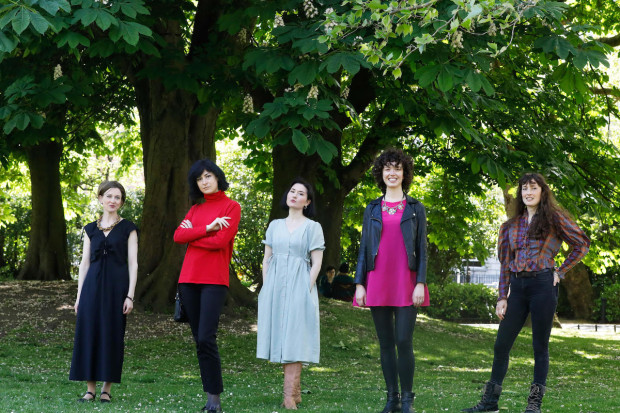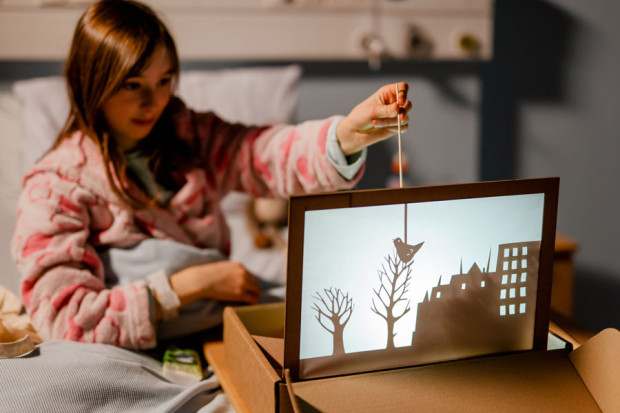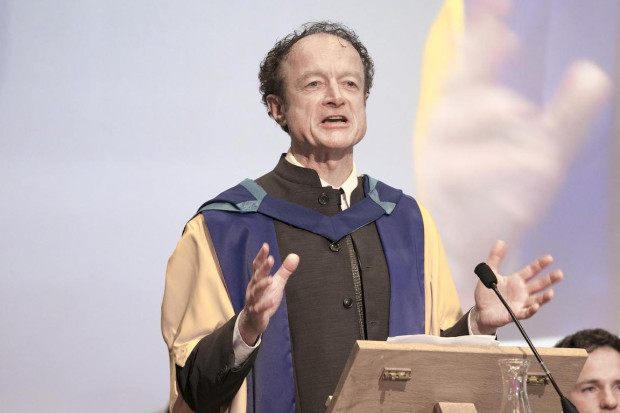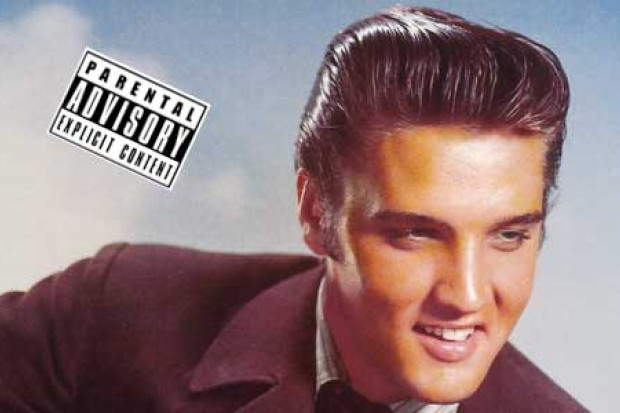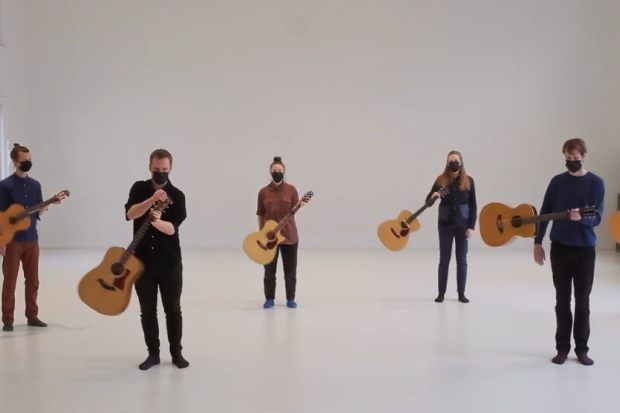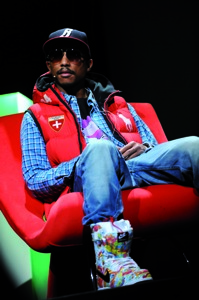
Pharrell Williams
Radar: Midem 2010
Cannes – The teenagers employed to demonstrate the joys of Rockband – complete with full stage, bass and lead guitars, mics and kit – must have been wondering why the game was suddenly becoming such hard work. Situated by the café area at Midem – the annual music fair that has attracted artists, labels, music publishers and managers from all over the world since 1967 – surely some of them would take take time out from intense meetings to knock out ‘Message in a Bottle’ or ‘When I’m Sixty-Four’. The Journal of Music spotted the occasional enthusiastic participant, including French Minister of Culture and Communication Frédéric Mitterrand, but many when they tried it seemed slightly underwhelmed. We’re too exhausted selling the stuff to play it, betrayed their heavy eyes and thin grins.
‘From content to context – monetising the new music experience’ was the theme of MidemNet, the accompanying digital music conference. It’s not just the content that matters in the new digital world, so the story goes, but rather the context in which it is presented (if this doesn’t seem like a radical new marketing idea, it was certainly presented as one). The implications of this, however, can reach deep into the development of artists’ careers, involving digital communities, personalised mobile device applications (apps), closer digital access for listeners to their favourite artists, and reimagining the way music reaches audiences, beyond the traditional approaches of single, CD, tour. It was these depths that were being explored.
Media futurist Gerd Leonhard advocated the ‘freemium’ model: provide your music for as close to nothing as possible initially, and once people are hooked, sell ‘packages’ of mixed media and ‘virtual products’. At times convincing, in its confident assumptions about such a precarious future, it also required real faith. US producer, entrepreneur and member of the group N.E.R.D., Pharrell Williams, had both content and context. His philosophy for the digital age was simpler: attach your music to something larger, something that has momentum, something that will bring your music to the next level. Midem is so highly focused on business and money-making – sorry, monetising – rather than musical creativity, that viewing artists and their music as the hitchhiker rather than the driver is par for the course. But Williams’ commitment to music was clear. Inspired by the number of young musicians coming up to him at gigs with their ideas, music and creativity, he established the artst.com website, which is an online community presenting their work – as he explained, ‘there’s no “i” in “artst” because it’s not about me, it’s about you.’
It was another marketeer, David Jones of the New York advertising agency Havas, who struck a provocative note, saying that pop-up advertising, as epitomised by Spotify and YouTube, would not succeed as a business model because the future of the music industry was ‘in engagement, not intrusion’. Daniel Ek, CEO of Spotify, and Patrick Walker, Director of Video Partnerships with YouTube, in a separate session, disagreed of course – what sales figures could be drawn from the speakers did appear to be impressive, and yet in the context of listening to all the MidemNet arguments, Jones’ argument seemed to make a palpable hit. Two years ago, Jones’ company purchased the record company THE:HOURS, and incorporated it into their ad agency. Where once they developed an ad concept and then went looking for music, he explained, now the music was considered very early on in the process, and incorporated into it. There can hardly be a stronger example of context.
Ralph Simon, CEO of the Mobilium Advisory Group, singled out Gracenote, TuneWiki and Mobile Roadie as the most exciting digital companies to watch. Coincidentally, the twenty-something CEO of Mobile Roadie, Michael Schneider, spoke next, talking passionately about the extraordinary potential of apps – that they would be the new websites – and also his ambitions for democratisation of apps, making them affordable for new artists. Paul McGuinness, manager of U2, spoke from the floor, raising the question of sound quality in a streaming, MP3 world. Technology would solve this problem too, came the assurance. Technology certainly helped Peter Gelb of New York’s Metropolitan Opera in broadcasting performances to cinemas worldwide. He treats opera like a sports event – they’re similar he says, in that both audiences come anticipating their stars to produce the goods, whether it be a soprano’s high C or a touchdown.
Jeffrey Hazlitt, Chief Marketing Officer of Eastman Kodak related to listeners how Kodak reinvented itself after the decline of traditional camera film. At Kodak he insisted on implementing his brash marketing style. His job, he explained, was to push the company aggressively forward, ‘to go to the edge of the table’. And there were certainly plenty of tables at Midem. On the Midem floor, stands from every country from Macedonia to the Caribbean to Iran presented beautifully packaged CDs – yes, still CDs despite its death being announced by every speaker; a retired US dentist was busy promoting his discovery Christelle from the small African country of Gabon; Songkick – ‘the home for live music online’ – gave the most impressive presentation of the fifteen 2010 ‘hottest digital music start-ups’; a designer for Diesel had given up her career in Italy and moved to England to manage Z-Star, such was her belief in the artist; and, despite attendance being down 13% on 2009 and 25% on 2008, the impeccably organised Midem whirlwind of colour, music, big personalities and seasoned dealers wound on late into every sea-aired night. www.midem.com
Published on 1 February 2010










